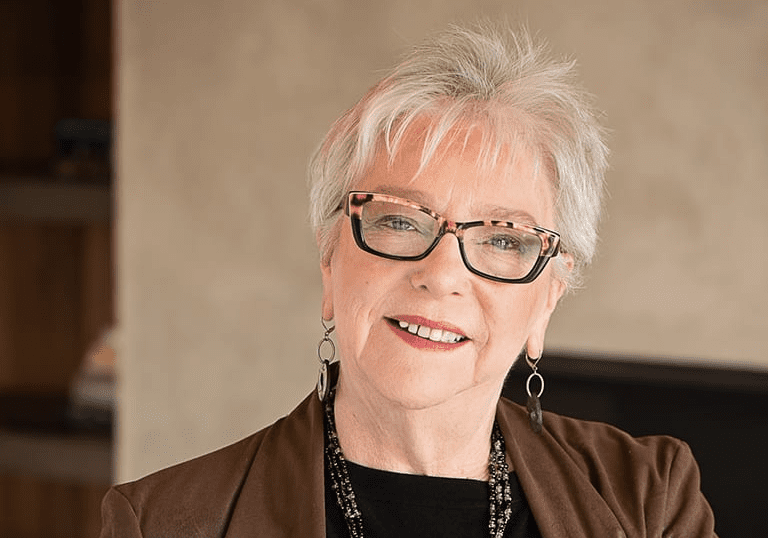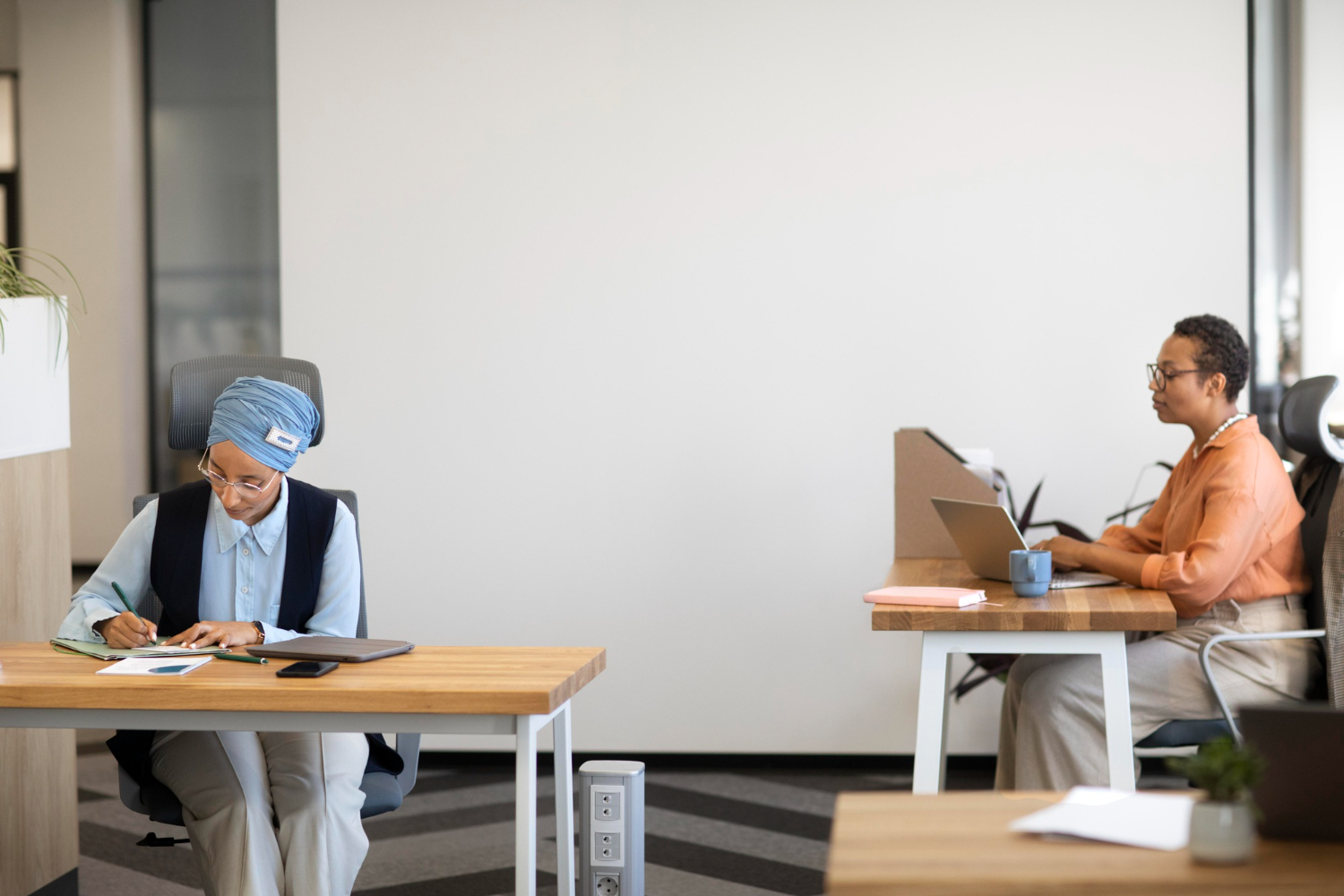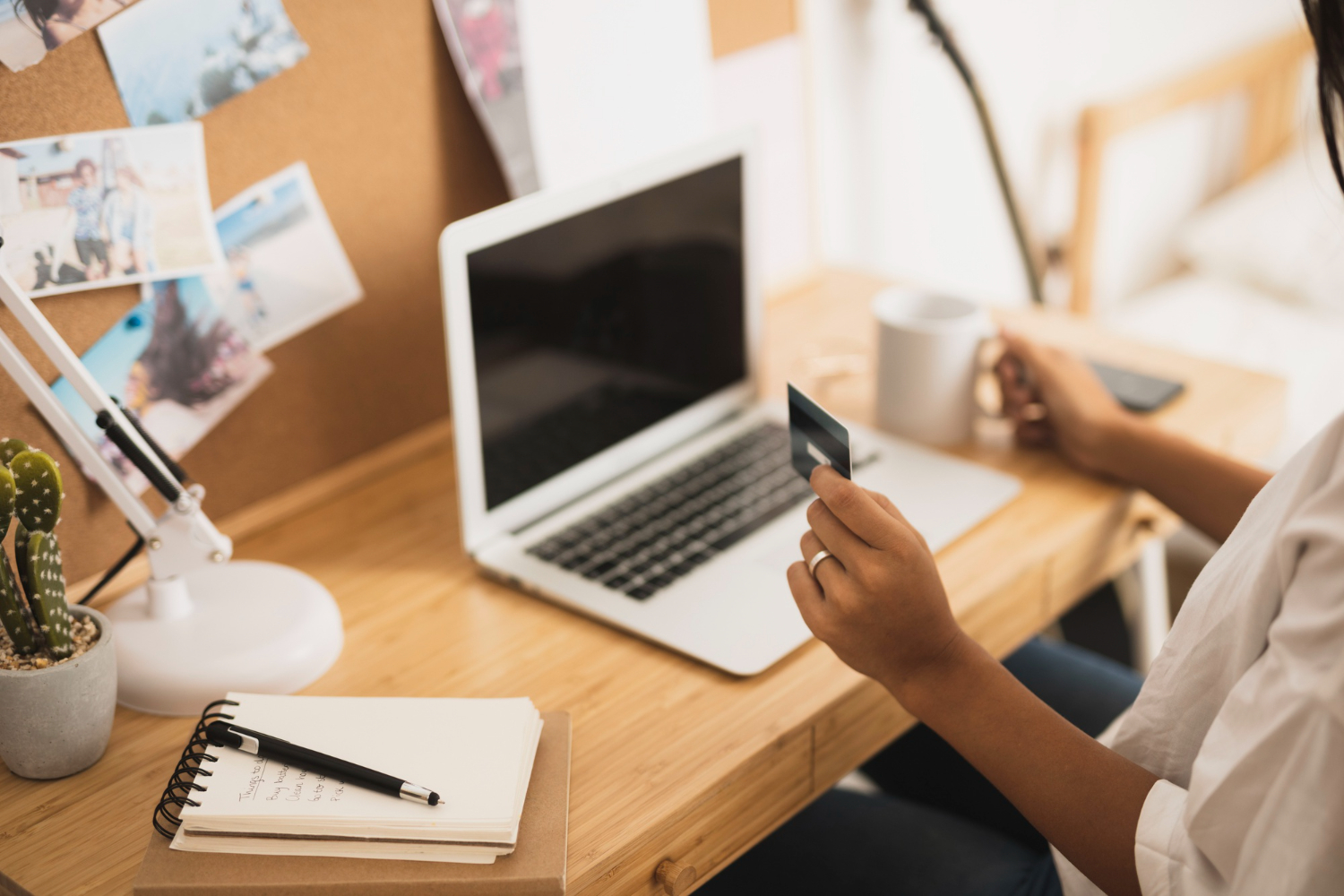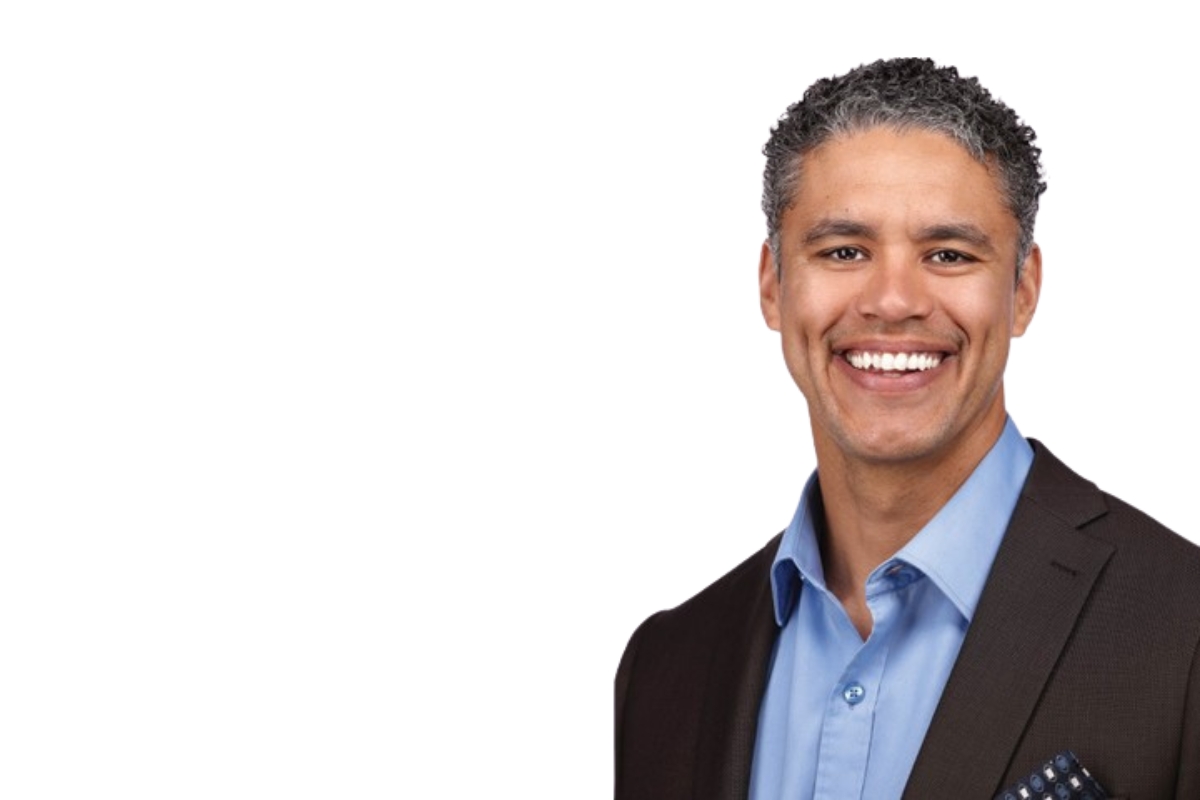A risk taker from the get-go, Anne Day immigrated to Canada (from Scotland) with her husband in 1975, jobless but with high hopes. Anne would eventually find much success in various roles, from editor of a national magazine, to head of various charities, to even government work. However, it’s her own Company of Women that’s made the most impact on the modern workplace, helping women realize their potential, whether it’s in their careers or in their lives.
Company of Women holds eight chapters across southwestern Ontario and hosts around 170 events a year, including an annual conference. Under Anne’s guidance, Company of Women provides a much needed safe and supportive environment for women to be themselves and be encouraged to thrive and grow professionally, reaching new heights of confidence and success. Anne took some time to talk with The Edge and share her thoughts on empowerment, her struggles, inspiration, and Company of Women.
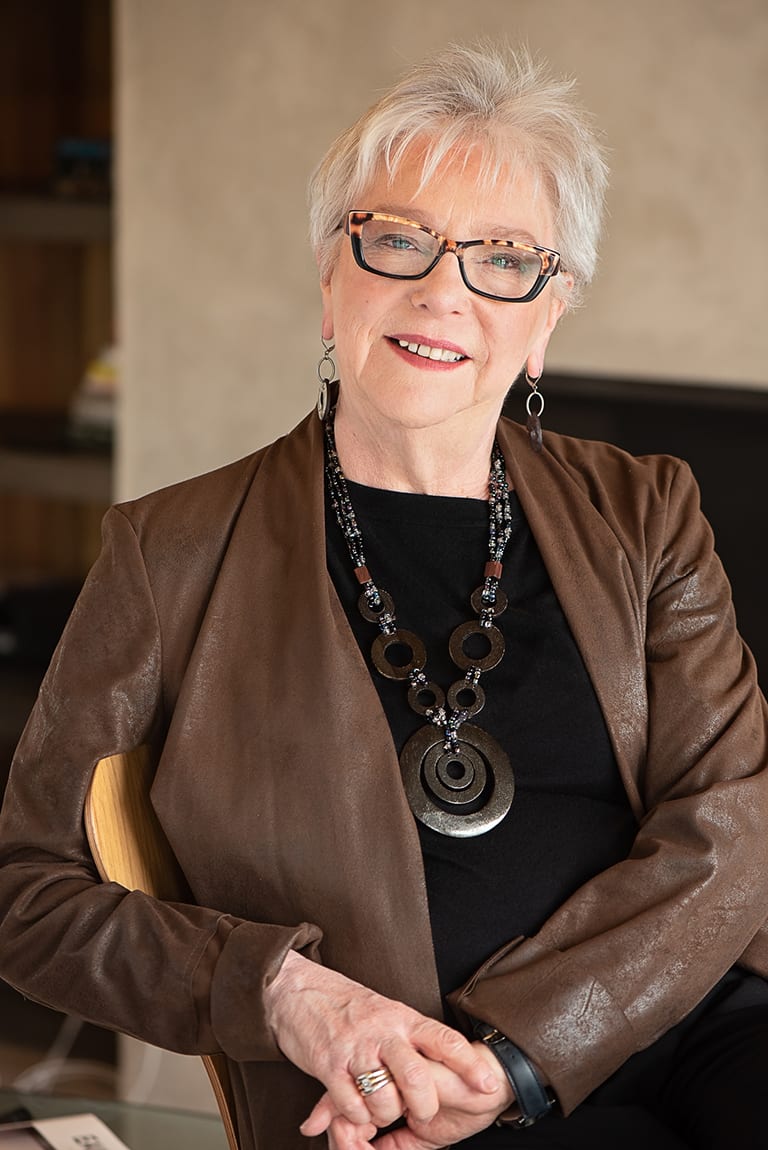
Being a champion for women, what are some ways that they can realize their potential and claim their power?
Well, I think it starts with believing in themselves, because you can’t really ask someone else to believe in you if you don’t have faith in yourself. Also, surrounding yourself with people that believe in you so that they’re a part of your tribe. Find a mentor, or a sponsor, in the corporate world who will support you and guide you, so that you can move up the ladder.
I guess the other thing would be to reduce your need for perfection. As women, we tend [to want] to do everything perfectly, and that may not always work. I used to do a group with new entrepreneurs, and I would ask them to ask their friends and family what they were really good at, because I often find we take our own skills for granted.
Can you tell us about the Company of Women and what motivated you to start it?
I had my own consulting practice for a couple of years and worked mainly with the government at that time, helping them do planning for children services, and so forth. I did really well, but I found it very isolating to work from home, and I felt other women probably felt the same way. You kind of miss the water cooler thing – chats and those sorts of things. I found my other friends who weren’t doing that, just didn’t get it. They thought I was home so they could just pop in and have a coffee, whereas I was busy working. So, I started up Company of Women. I put an ad in the paper, booked a space, and I got 165 women at the outset. I kind of knew I was onto something. Now this was back in 2003, so at that time we were definitely the only game in town. It wasn’t that altruistic though, because I was looking for some like-minded friends.
What tips can you give to women entrepreneurs struggling to reach the next step of their industry?
Well sure, I think one of the things is to network. Not just one network – I think it’s important to be part of the local chamber. To be part of a women’s network, because I do think we network differently. But also, be a part of your industry’s network, since there may well be people that you can partner with and do some collaboration. I know when I had my consulting practice, if I got a project that required a lot more people, I would bring in other consultants to work different aspects. That’s certainly one way to build your own business.
The other would be to sort of focus on something. I find when people are doing all sorts of different things, you end up not doing very well at any of them.
Probably the last is just volunteering. [It] brings in lots and [takes] you into a whole different network. You meet a whole other load of people and you never know who you’re going to meet and who is going to help you move forward.
What inspired you to be this figure of female empowerment, giving back through your various ventures?
First and foremost, my father. He grew up on the wrong side of the tracks, dropped out of school at 14 to help support his family, and he never forgot his humble beginnings. But he actually was a very successful businessman. Growing up, he would always be talking about having a sense of balance. By that he meant, if you had enough then you should make sure you are helping other people get up the ladder and balance it out. He talked about it so much that a jeweller had a necklace made for me with a scale of justice engraved inone side and “A Sense of Balance” written on the other. When he died, I heard from all sorts of people about the loans he’d given them. He was always supporting small business.
The other inspiration happened two years into doing Company of Women, I discovered I had breast cancer again. That really gets you thinking about what’s important and what sort of legacy you want to leave [behind]. And that spurred me on to keep going with Company of Women.
How do you deal with toxic relationships or negative situations in your life?
There was a time when I would say I don’t. I used to avoid conflict at all cost, so I’m a work in progress. I’m getting much better at it. Toxic people – sometimes I don’t always recognize straight away that they are [toxic] because I tend to try and see the best in people. But once I realize their agendas and we don’t share the same values, then I don’t have anything more to do with them. I move on – it’s negative energy. And as for dealing with conflict – I’ve realized that really you have to do it face-to-face, you have to work out a script, if you like, of what you want to say. And you also have to protect the dignity of the other person.
What suggestion would you give to someone struggling with feelings of self-doubt?
I wrote a book called Good Enough, with Amy Vodarek. So, my first suggestion would be to get a copy of our book, because we spent over three years connecting with over 350 women who were dealing with self-doubt. Again, it gets back to surrounding yourself with people who believe in you. Letting go of perfection. Sometimes we say yes to stuff, but we don’t really want to do it. So, I’m always suggesting you pause and sort of say, ‘Can I get back to you? I need to think this through.’ The other is self-care and making sure you have time for yourself.
What do you believe to be the key to building new relationships, professionally and personally?
I think it’s taking an interest in the other person and listening to them. Seeing how you can help, rather than going in and seeing how they can help you. It’s more about helping the other person. Certainly, in terms of business, if you meet somebody in a meeting, follow up. Be authentic, just be yourself.
Alex Correa | Contributing Writer

